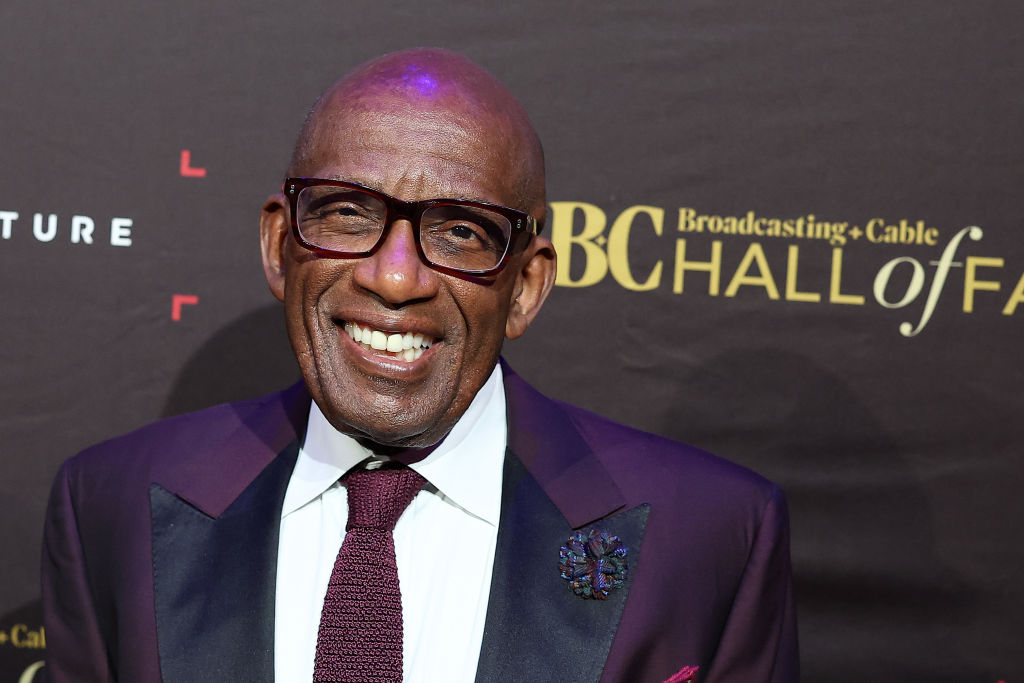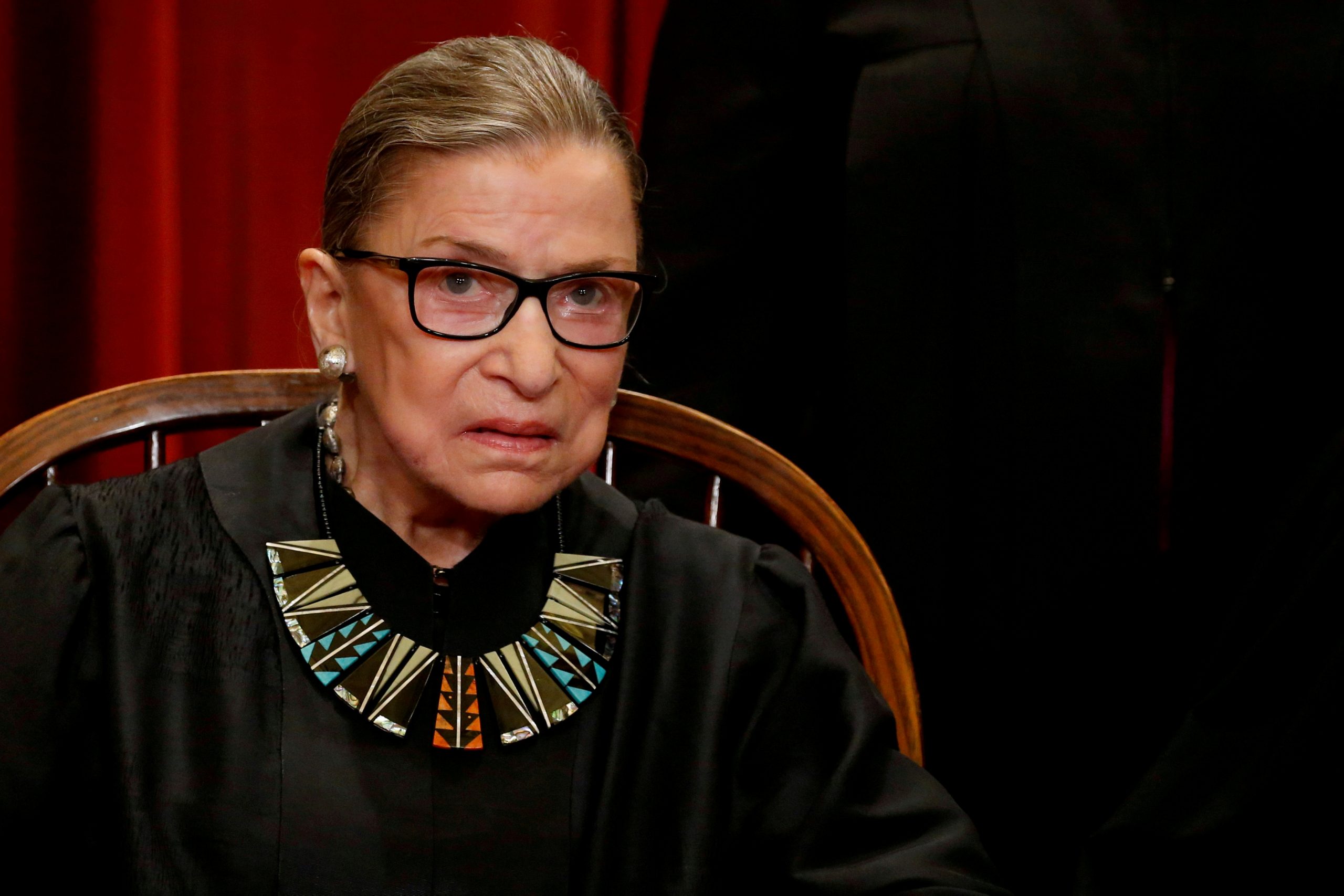It’s official: Iowa’s voters are seeing red.
Wednesday afternoon, The Associated Press made its call on Iowa’s 3rd Congressional District, in which Iowa state Sen. Zach Nunn edged out Democratic incumbent Rep. Cindy Axne.
RealClearPolitics had rated the 3rd District race “leans Republican,” but given how Tuesday went, anything could have happened.
Nunn will join incumbent fellow Republican Reps. Mariannette Miller-Meeks, Ashley Hinson and Randy Feenstra, all of whom won re-election by hefty margins. The closest race of the three was in the 1st District, where Miller-Weeks won handily over Democratic challenger Christiana Bohannan by nearly 7 points.
Nunn, in contrast, won by less than a percentage point with 50.33 percent of the vote, Fox News reported, and 99 percent of the vote counted.
BREAKING: Republican Zach Nunn wins election to U.S. House in Iowa’s 3rd Congressional District, beating incumbent Rep. Cindy Axne. #APracecall at 2:20 p.m. CST. https://t.co/2nlgpjzI1K
— AP Politics (@AP_Politics) November 9, 2022
Republican Gov. Kim Reynolds coasted to re-election with 58.06 percent of the vote, as did Sen. Chuck Grassley with 56.08 percent.
Republican Sen. Joni Ernst was re-elected in 2020 and therefore will not face a possible re-election contest until 2026.
The 3rd District had been considered a Democratic stronghold for decades, with Democrats holding the seat for all but two terms in the 26 years from 1987 to 2013. Republican Rep. Tom Lathan then held it for one term until he retired and was succeeded by Republican Rep. David Young for two terms.
Democrat Cindy Axne narrowly won the seat in 2018 and held it for two terms.
The district is considered the least Republican-leaning in the state by the Cook Political Report Partisan Voter Index, and includes the state capital of Des Moines — which may be two ways of saying the same thing. It was one of only seven congressional districts in the nation that put a Democrat in the House while voting in favor of former President Donald Trump’s re-election in 2020.
All of Tuesday’s election results have yet to be tabulated, of course — with some races looking like they may take longer than others to resolve.
ABC News has called 210 House races for Republicans and 198 for Democrats. Other outlets use different methodologies, leading to slightly different numbers but generally similar proportions.
A total of 218 seats is required to hold a majority in the House, so by ABC’s count Republicans need only eight more wins to take control. Democrats, on the other hand, would need to pick off 20 of the remaining 27 races yet to be called. No serious political forecaster thinks that’s going to happen, so the question is how much of a majority Republicans will have when the dust settles.
Of the races called so far, only six represented Democratic takeaways — seats previously held by Republicans that will be Democratic after the new Congress is sworn into office next year.
Republicans, however, have already managed to turn 18 seats red from blue this year, including the Iowa 3rd District.
Tuesday night may not have been the red tsunami some forecasters — myself included — had expected, but Republican control of the U.S. House is all but assured and the Senate remains up for grabs. And, more importantly, President Joe Biden’s leftist agenda should be stalled — assuming Republicans like Rep.-elect Nunn remain true to the concerns of their constituents for the next two years.
This article appeared originally on The Western Journal.






















